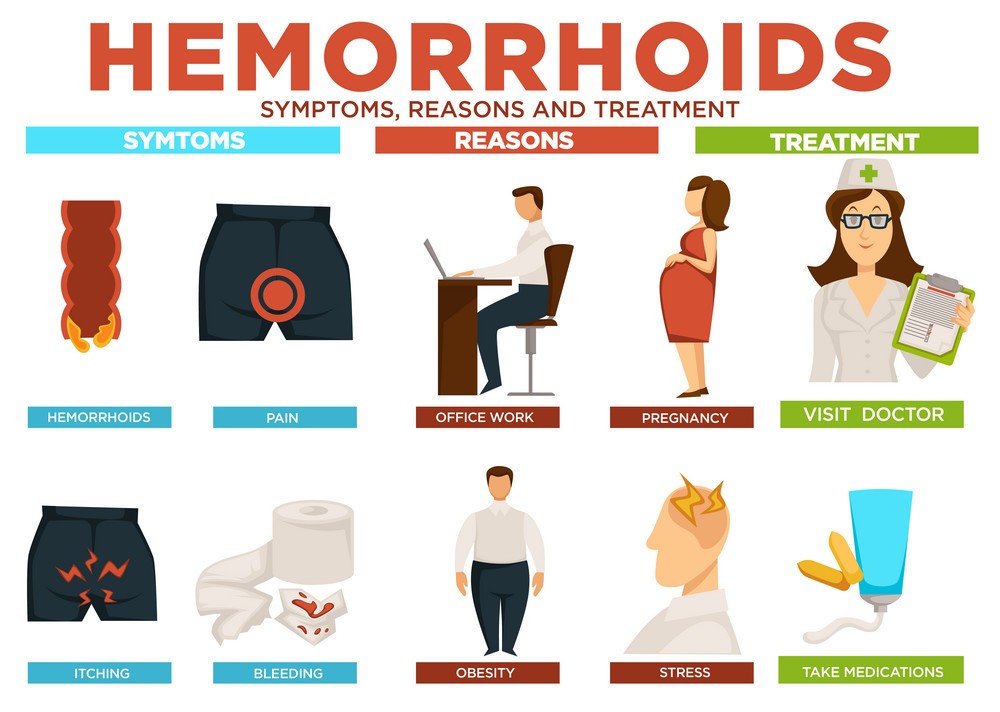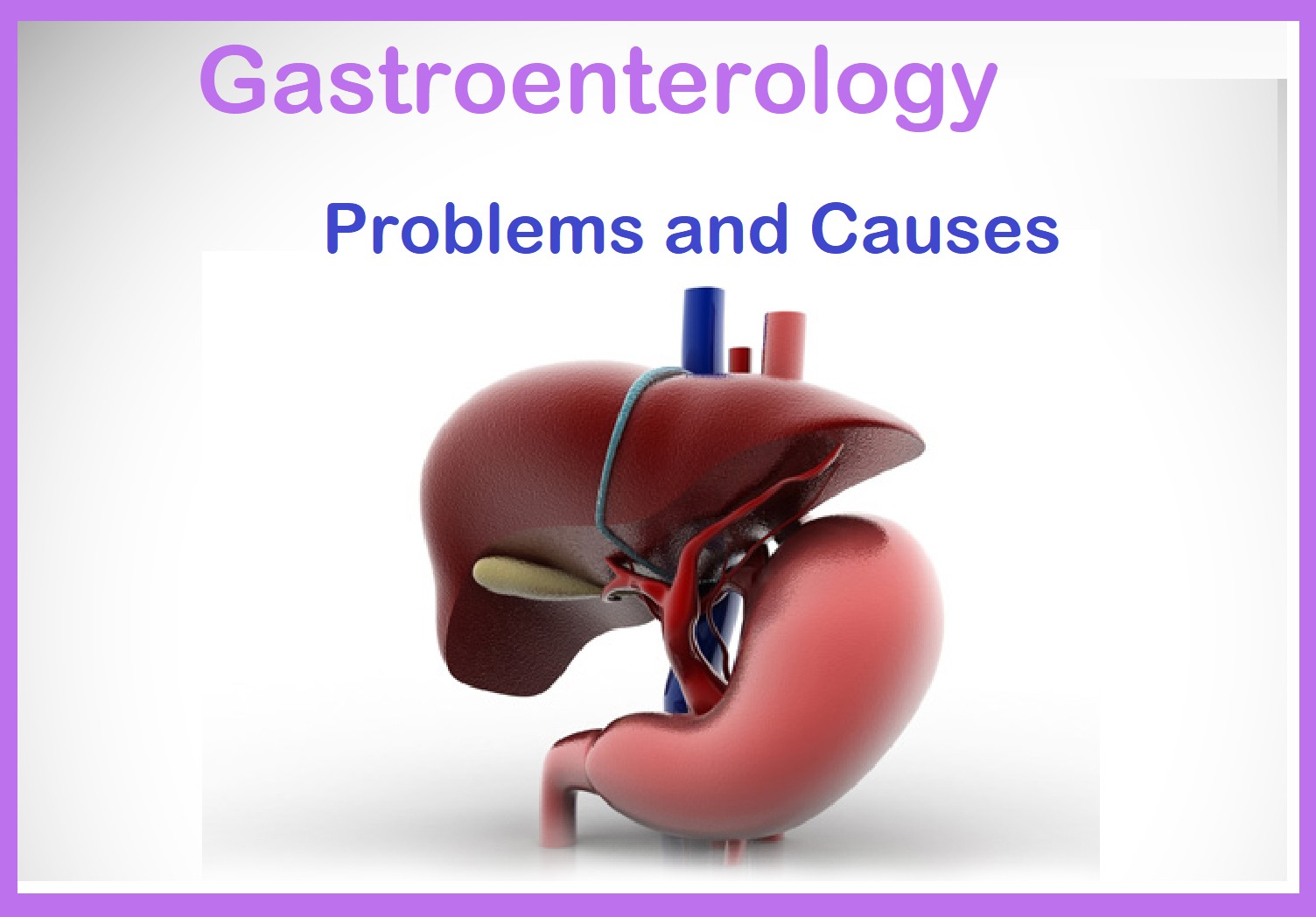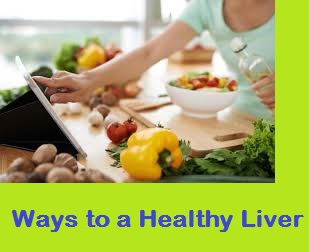Hemorrhoids & how they are treated?
Hemorrhoids & how they are treated?
Hemorrhoids know as piles are swollen veins in the rectum and anus that cause discomfort, pain while toilet and bleeding. The patient may not like talking about this, but if you suffer from piles, there is no avoid thinking about this. so visit Dr. Husain Bohari for best Hemorrhoids treatment.
This feels uncomfortable, embarrassing and at times, painful. Now a day’s its very common disease. So feel free to share the problem with our doctor very clearly. They help you with very comfortable, perfectly and solve the problems. and for Best Gastroenterologist in Nashik conatct Dr. Husain Bohari
Hemorrhoids treatment remedy by medicine and even surgery may sometimes be needed. If the patient has to start stage in piles then by little homemade treatment, diet and some doctor suggestion in routing plan changes can cure easily.

Symptoms of Hemorrhoids:
- Creep or irritate in your anal region
- Pain and discomfort
- Lump or swelling around your anus
- Bleeding
- Pain and Bleeding during bowel movements
- Burning around your anus
Causes of Hemorrhoids:
- Stretch or straining during bowel movement
- Existence of Pregnant
- Being overweight
- Having anal Intercourse
- Aging
- Sitting for too long in the toilet
- Sitting for too long in the seat
- Regular heavy weight lifting
- By genetics reason
Prevent From Hemorrhoids:
- Take proper diet: Eat more fruit, vegetables and whole grains. And avoid diet which causes gastro problem
- Drink plenty of water: Every day we should consume 6-8 class water of other liquids like fruit juice, not alcohol.
- Daily Exercise: stay active and do exercises this reduces pressure on veins which can happen with long period sitting. And because of daily exercise, it helps to lose weight.
- Avoid too much sitting: Avoid too long period sitting In one place and the toilet, can increase the pressure on the veins.
- Avoid dry toilet paper: Because of the use of dry toilet paper may provoke the problem.
- A hip bath using warm water: To avoid Stretch or burning or itching do a hip bath with warm water after the toilet.



